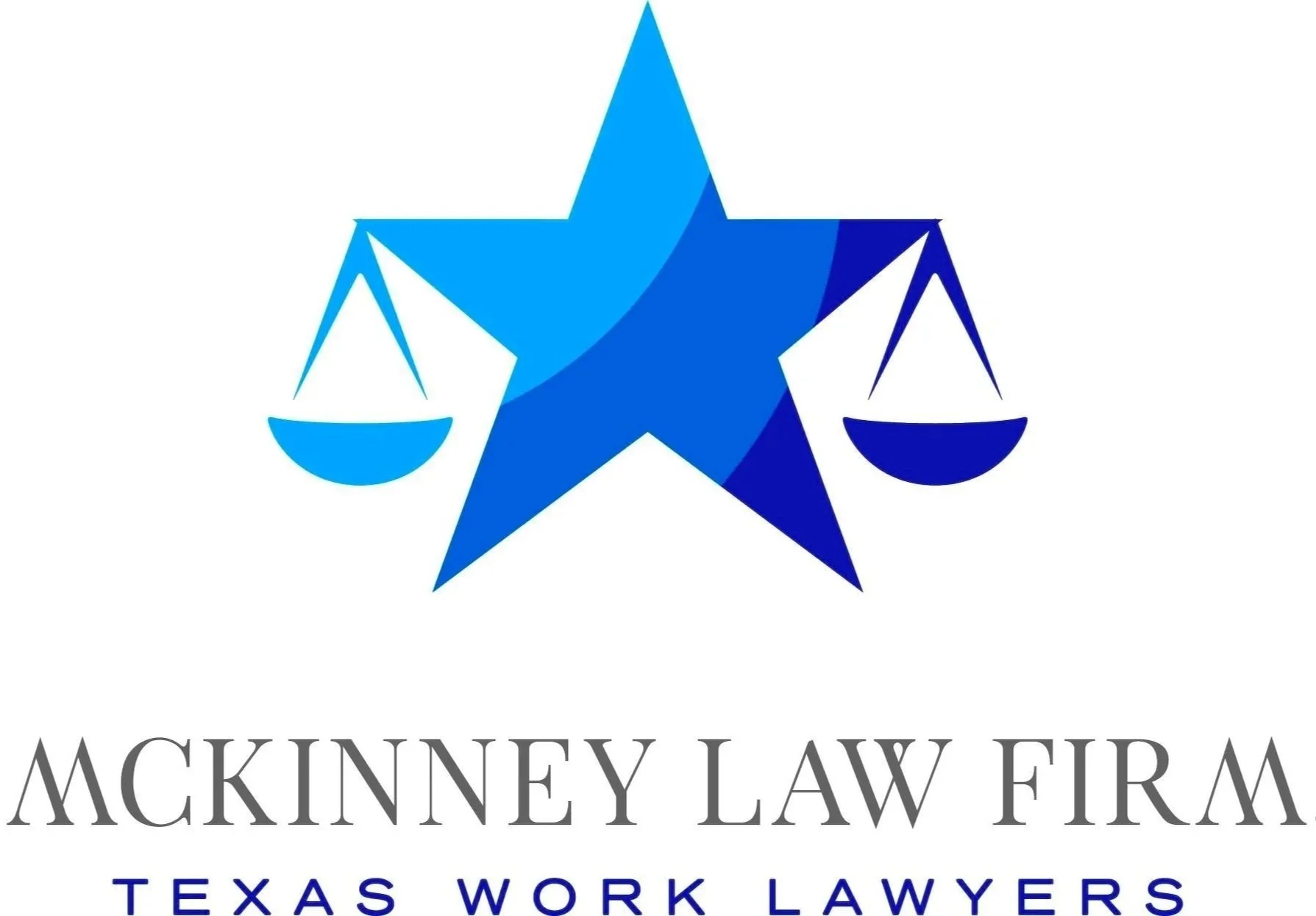How to Hire An Employment Lawyer
/So you need to hire an employment lawyer but you don’t know how to get started? This article is for you.
Hiring a lawyer to guide you through an employment-related dispute can be challenging. Unlike cases involving personal injury matters, there aren’t hundreds of employment lawyers running TV advertisements in an attempt to get you to “Call now!” Quite the opposite is true in fact.
Due to the complicated statutory nature of employment law practice, there are likely only a small handful of lawyers in even a relatively large city who are board certified to represent employees in employment-related disputes. The few who are qualified and have the years of experience you should be looking for will likely be extremely busy because there are so few of them. For this reason it is important that you do some research and get your own materials together before you start making calls.
To get you started, I've prepared a handy guide outlining some of the basic steps you need to take.
Step 1 - Do A Little Research Online.
Before you pick up the phone and start making calls, pick up your mouse and start making clicks. Many good employment lawyers will have a website and/or a blog that will provide you with a lot of quality information about employment law issues. Take a look at what practice areas in which the lawyer claims he or she practices. You don’t want a jack-of-all-trades-master-of-none attorney for your case. You want someone who concentrates the majority of his/her practice on employment law issues. You could also search legal directory avvo.com to help you find local lawyers who represent employees. It isn’t a perfect system but it will give you a good list to start your research.
Step 2 - Check For Board Certification
Lawyers are not required to be Board Certified in employment law to practice it in Texas. Some states don’t even provide for board certifications. But in Texas, the State Bar of Texas does provide Board Certification to those lawyers who practice employment law for a sufficient period of time, provide recommendations from lawyers and judges who they have practiced with and who pass a lengthy examination process. You can learn more about Board Certification here.
Step 3 - Expect To Fill Out A Questionnaire And Pay A Fee For A Consultation
Many firms have developed questionnaires. These are not idle exercises. You must fill them out to help your lawyer understand your case so he can better help you. Plus, filling out these short (usually electronic) forms may save you money. Some attorneys use short electronic forms as an initial screening tool for the many potential client contacts they receive each day. Sometimes, the form indicates a simple question for which a quick answer can be provided. Other times, the type of case being described would be better handled by another lawyer who specializes in that specific niche — you can usually get that referral set up at no cost. Then, if the form indicates an issue on which a lawyer believes he or she can provide meaningful assistance, a full, in-person consultation can be scheduled.
Most attorneys charge a small consultation fee to review employment-related matters. Because employment law is very fact specific, an employment lawyer needs to know all the facts of your case before he or she can commit to representing you. This often takes time. If employment lawyers are not paid something for this, they cannot stay in business.
Step 4 - Prepare For Your Consultation
Once you have a consultation with an employment lawyer scheduled, it is important that you prepare to make the most of the time you will have with the lawyer. I have written an article discussing the initial consultation in more detail, including tips on what to bring and how to prepare for this important meeting.









